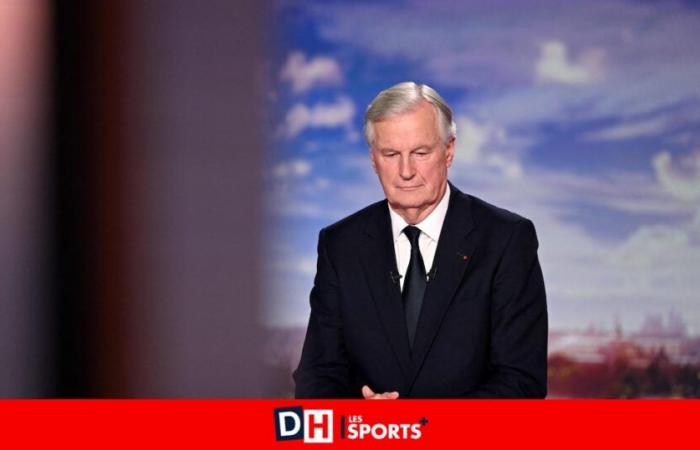“It is in the country’s interest. We also need this spirit of positive, dynamic compromise with the head of state,” he added. In mid-September, Michel Barnier had estimated that there were “no areas reserved” for the President of the Republic, preferring to speak of “shared areas.”
First day of the Barnier government, already under fire from its many opponents
No tax increase for some French people
Prime Minister Michel Barnier indicated that he intended to ask “the richest to take part in the solidarity effort”, without “further increasing taxes on all French people”.
“I am not going to further increase taxes on all French people who already pay the most taxes of all European partners,” Mr Barnier said on France 2, “nor on the poorest people, nor on people who work, nor on the middle classes,” he said. “But I am not going to exclude, in the national effort that will have to be made, that the wealthiest people participate,” he added.
Large companies should also be concerned: “I do not want to aggravate the double ecological and financial debt, so we must make a collective effort to control spending, this can be done in particular with targeted levies on wealthy individuals, or certain large companies”, he added.
Asked whether he ruled out a corporate tax hike, he said: “I’m not saying that, but I think very large companies can also contribute to the national recovery effort.”
Mr Barnier also expressed concern about a possible loss of confidence in France by the markets: “a large part of our debt is issued on international, external markets, we must maintain France’s credibility”, he insisted, while the new government must quickly present a new budget, probably on 9 October.
The country’s deficit has been spiralling out of control in recent years, and could reach 5.6% of GDP this year, or even 6% according to Les Echos, while the European Union requires its members to keep their deficits below 3% of GDP.
France is the subject of a Brussels procedure for excessive deficit.
France’s latest plan, this year, predicted this return for 2027, but this project seems increasingly unrealistic to economists.
Retirement
Prime Minister Michel Barnier has promised to “take the time to improve the pension reform”, which came into force a year ago despite weeks of protests.
“We have a law that provides a financial framework and I think that this financial framework must be preserved,” declared Michel Barnier, indicating that he would “trust the social partners to improve this law, to reform.” The mobilization of hundreds of thousands of French people had not prevented the gradual postponement of the legal retirement age to 64.
Immigration
The issue should be addressed”with much more rigor”, said the Prime Minister. “There will be ruptures, much more firmness and at the same time humanity”he said, indicating that it is about“the line” that he counts”follow” with the new Minister of the Interior.”We are going to do practical things, like all our neighbours, to control and limit immigration which often becomes unbearable and which also leads to not welcoming those we welcome into our country,” said Michel Barnier.






